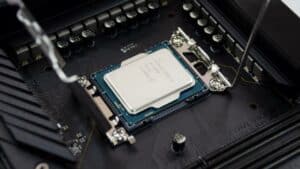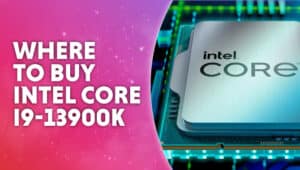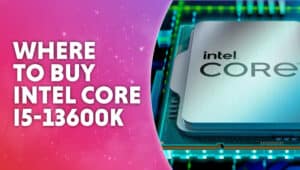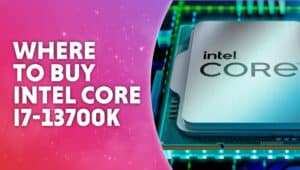Is Intel 13th gen backward Compatible?
Backwards compatibility is important for a lot of people, are the 13th generation CPUs backward compatible?
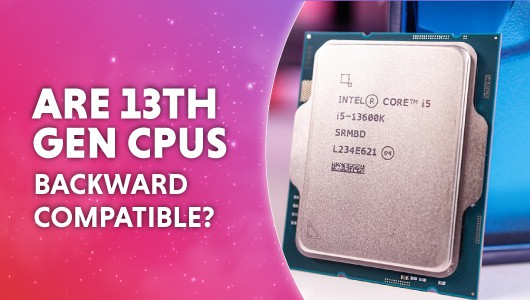
WePC is reader-supported. When you buy through links on our site, we may earn an affiliate commission. Prices subject to change. Learn more
Everyone was expecting Intel’s 13th Gen Raptor Lake launch to be highly successful. On September 27th, 2022, Intel announced its 13th Gen lineup and lifted the veil over the upcoming processors competing with AMD. There was a lot of speculation about how Intel was going to maintain its lead after Alder Lake’s success. Same thing goes for the upcoming Intel 14th Gen as release day closes in.
Now read: 13900K review to really delve into the ins and outs of the i9-13900K
Fortunately, now we have answers to most of our questions. A good chunk of the 13th Gen processors is now available to consumers. However, if you have not been keeping up with the hype, we’ve got you covered.
So, Intel’s launch lineup for Rapor Lake includes six chips for now. This includes the powerhouse that is the i9 13900K, the high-performance i7-13700K, and of course, the i5-13600K. It goes without saying the i5-13600K is going to be popular in the mainstream.
Intel 13th Gen Raptor Lake – Quick Specs
The 13th Gen CPUs have more cores, more threads, higher clock speeds, and IPC improvements. At first glance, you might not expect a massive leap in performance, since all of this appears to be a spec bump. However, the performance gains here are massive.
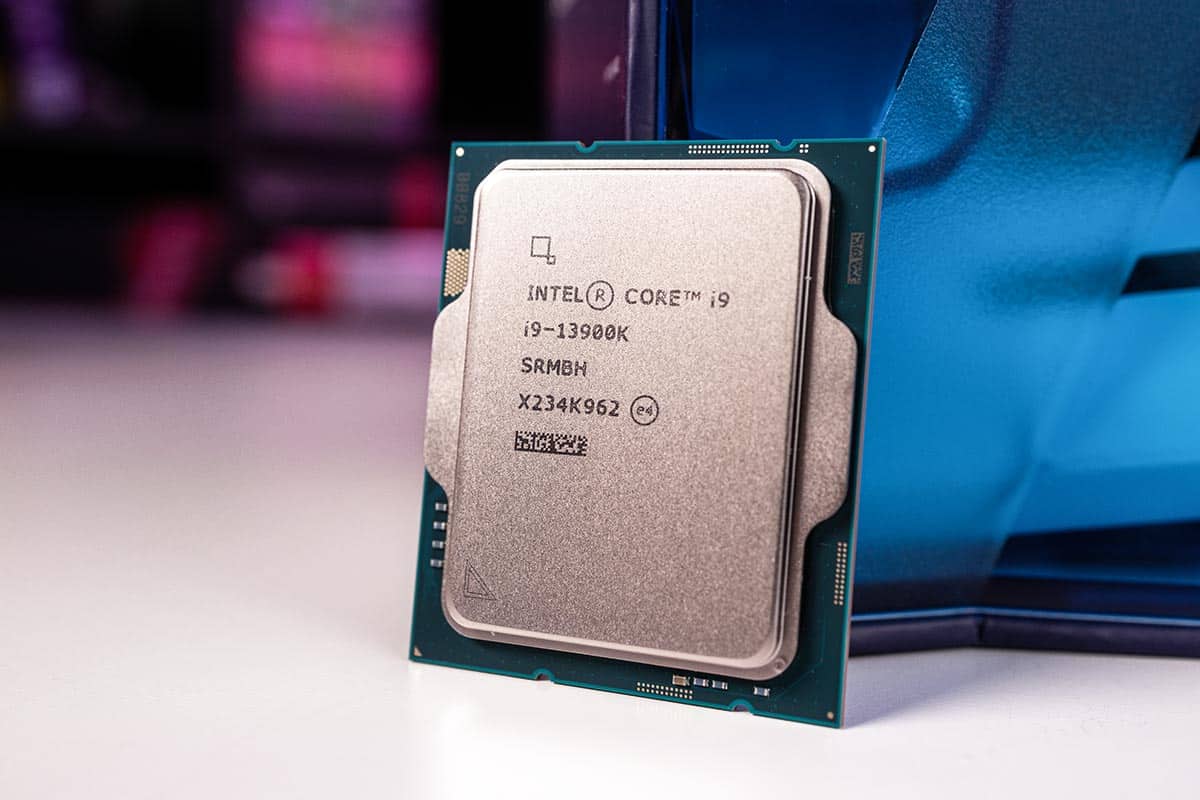
Here are some quick specs.
- Intel Core i9-13900K – 24 cores (8 P-cores+16 E-cores), Up to 5.8GHz Turbo, 36MB L3 Cache, DDR5 Support, and Intel UHD 770 Graphics.
- Intel Core i7-13700K – 16 cores (8 P-cores+8 E-cores), Up to 5.4GHz Turbo, 30MB L3 Cache, DDR5 Support, and Intel UHD 770 Graphics.
- Intel Core i5-13600K – 14 cores (6 P-cores+8 E-cores), Up to 5.1GHz Turbo, 24MB L3 Cache, DDR5 Support, and Intel UHD 770 Graphics.
All three of these CPUs also have KF versions, known as the i9 13900KF, i7 13700KF, and i5 13600KF. Specs are the same as the regular “K” versions, the only difference being that the KF variants don’t feature integrated graphics.
Pricing for Intel 13th Gen CPUs is the same as their predecessors, for the most part. The only exception right now is the i5 13600K($319), which sees a price increase of $30 over the 12600K ($289).
Now, let’s move on to the real question at hand.
Is Intel 13th Gen Backwards Compatible?
Backward compatibility was a great trait of AMD’s Ryzen processors. At the time this mean that even some old B350 motherboards would feature support for the newer (at the time) Ryzen 5000 series of processors.
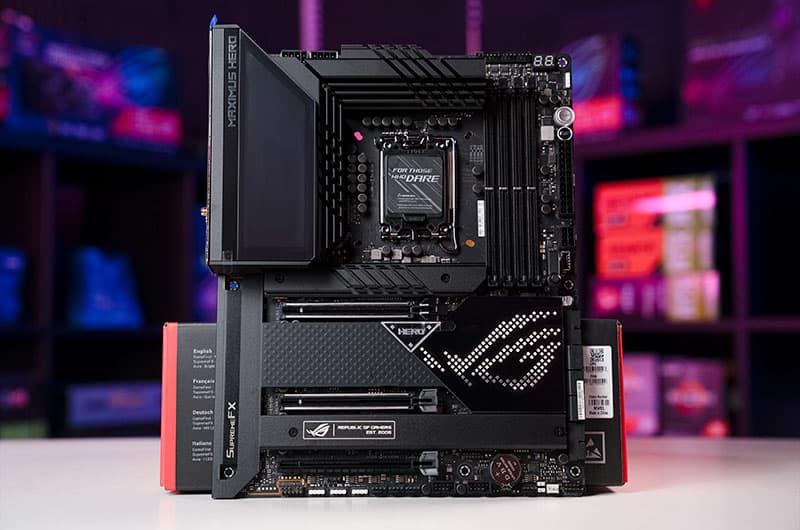
Backward compatibility for processors simply means that new processors are compatible with the previous generation’s motherboards/chipsets. This was a feature that Team Blue tended to ignore, but fortunately, that is not the case here with Intel’s 13th Gen processors.
To put it simply, if you own a motherboard with the Intel 600 series chipset, that will feature support for the newer processors. So, Z690, B660, and even H670/H610 owners can rejoice with the launch of the new generation.
This is because Intel is using the same Intel 7 process (10nm) for the newer CPUs. There is no major architectural change, and that is why the 13th Gen processors are backward compatible.
However, keep in mind that you will need to update your BIOS before you drop in a new 13th Gen processor in your motherboard. ASUS, ASRock, Gigabyte, MSI, and other vendors have already announced BIOS support. So, check if your board has a BIOS update available.
Should You Upgrade?
Now that the major question on your mind has an answer, this is the next follow-up question you should be thinking about. Right now, if you have a 12th Gen Alder Lake processor like the i5-12600K or above, an upgrade is a bit questionable.
This is because if all you care about is gaming, the processor you have right now is more than enough. Although, an upgrade is worth considering if your processor is several years old at this point. Keep in mind though, you’ll need to buy a new board if you’re on anything older than 12th Gen.
The 13th generation does offer up to 15% better single-core performance, and up to 41% better multi-core performance. However, so the choice is yours.
Final Thoughts
Backward compatibility is always a good thing, so you can breathe a sigh of relief knowing that Intel 13th Gen is backward compatible. If you do plan to upgrade, it’s a great time to do so as the price-to-performance situation is incredible. Competition again proves to be a major win for consumers.


